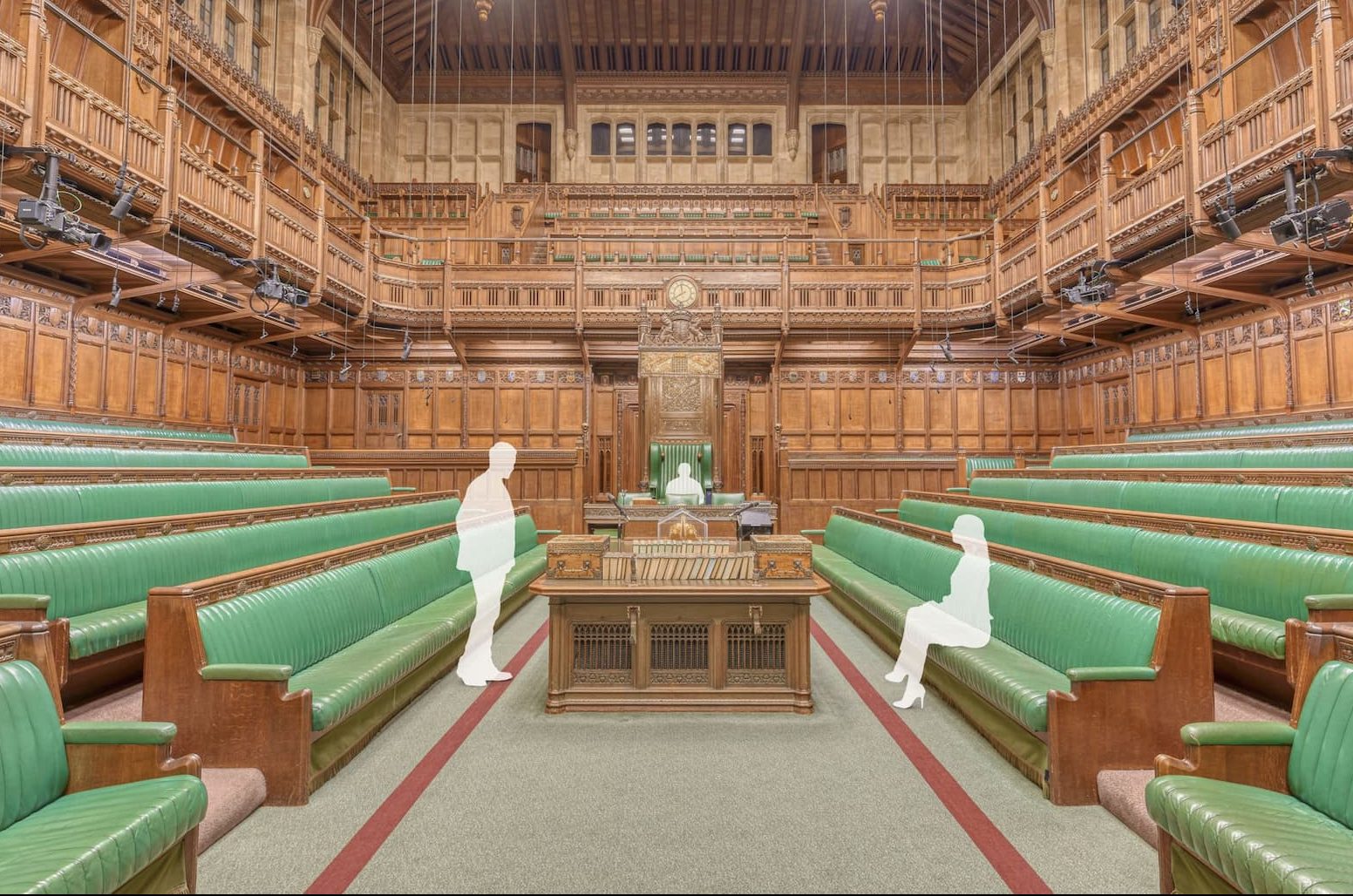Table Of Content

House of Commons, Popularly elected lower house of the bicameral British Parliament. Because it alone has the power to levy taxes and allocate expenditures, it is Britain’s chief legislative authority. It originated in the late 13th century, when landholders and other property owners began sending representatives to Parliament to present grievances and petitions to the king and to accept commitments to the payment of taxes.
GDP - International Comparisons: Key Economic Indicators - House of Commons Library - Commons Library
GDP - International Comparisons: Key Economic Indicators - House of Commons Library.
Posted: Wed, 24 Apr 2024 07:00:00 GMT [source]
Rwanda bill clears parliament after peers abandon final battle over safety amendment – as it happened
Since 1990, almost all cabinet ministers, save for three whose offices are an intrinsic part of the House of Lords, have belonged to the Commons.
Previous City Halls
The government’s main work in the Commons is to implement the legislative program on which it fought and won the last general election. The Speaker's official role was to moderate debate, make rulings on procedure, announce the results of votes, and the like. The Speaker decided who may speak and had the powers to discipline members who break the procedures of the house. The Speaker often also represented the body in person, as the voice of the body in ceremonial and some other situations. The title was first recorded in 1377 to describe the role of Thomas de Hungerford in the Parliament of England.
Members and elections
A committee considers the bill clause by clause, and reports the bill as amended to the House, where further detailed consideration ("consideration stage" or "report stage") occurs. However, a practice which used to be called the "kangaroo" (Standing Order 32) allows the Speaker to select which amendments are debated. This device is also used under Standing Order 89 by the committee chairman, to restrict debate in committee. The Speaker, who is impartial as between the parties, by convention selects amendments for debate which represent the main divisions of opinion within the House.
No smoke but plenty of fire in House of Commons as UK’s general election debate takes shape
All diocesan bishops continued to sit in Parliament, but the Bishopric of Manchester Act 1847, and later Acts, provide that only the 26 most senior are Lords Spiritual. These always include the incumbents of the "five great sees", namely the Archbishop of Canterbury, the Archbishop of York, the Bishop of London, the Bishop of Durham and the Bishop of Winchester. The remaining 21 Lords Spiritual are the most senior diocesan bishops, ranked in order of consecration, although the Lords Spiritual (Women) Act 2015 makes time-limited provision for vacancies to be filled by women who are bishops. In 1920, in parallel to the Dáil, the Government of Ireland Act 1920 created home rule parliaments of Northern Ireland and Southern Ireland and reduced the representation of both parts at Westminster. The number of Northern Ireland seats was increased again after the introduction of direct rule in 1973.
UK Parliament approves controversial Rwanda deportation bill - FRANCE 24 English
UK Parliament approves controversial Rwanda deportation bill.
Posted: Tue, 23 Apr 2024 03:15:03 GMT [source]
Formerly, all Privy Counsellors were granted priority; however, the modernization of Commons procedure led to the abolition of this tradition in 1998. Sittings of the House are open to the public, but the House may at any time vote to sit in private, by the vote of a simple majority. (However, this has been done only twice since 1950.) Traditionally, a Member who desired that the House sit privately could shout "I spy strangers," and a vote would automatically follow.
The legislative process

We were initially told that this was emergency legislation, and yet we’re now being told that there’ll be a 10 to 12 week delay in getting the first flight off the ground. Lord Sharpe of Epsom, a home office minister, says the Lords must “accept the will of the elected house”. It means a continuation of the parliamentary tussle over the Safety of Rwanda (Asylum and Immigration) Bill. The bill will now go back to the Commons as parliamentary ‘ping-pong’ continues. And after four rounds of ping pong, the control of the Commons remains as solid as ever.
City Hall South
Its members are now mostly appointees, not peers who inherit their seats in the House of Lords. Parliament is the legislative body of the United Kingdom and is the primary law-making institution in Great Britain’s constitutional monarchy. The history of the legislative body—which meets in the Palace of Westminster in London—shows how it evolved almost organically, partly in response to the needs of the country’s reigning monarch. Parliament traces its roots back to the earliest meetings of English barons and commoners in the 8th century. In modern times, a vast majority of ministers belong to the Commons rather than the Lords.
That means, after a short debate, the bill should have finished its passage through parliament. Back at PMQs, Starmer reminded voters that it was the Tories, albeit under Truss, who almost crashed the UK economy 18 months ago with £45 billion of unfunded tax cuts. Polls suggest this argument does cut through with UK voters, who remember the chaos. In a sign that Labour now plans to deploy a similar charge over Sunak’s plan to boost Britons’ pay packets by abolishing national insurance, Starmer argued it would cost £46 billion and was, effectively, another unfunded tax cut because it was unclear how Sunak’s government would finance it. Starmer opened his grilling of Sunak with a jibe over the tell-all book released this week by Sunak’s predecessor, Liz Truss, who led a seven-week reign of chaos in 2022. The Labour leader joked he had a “rare unsigned copy” of the relentlessly-publicised memoir.

Although the House of Commons does not formally elect the prime minister, by convention and in practice, the prime minister is answerable to the House, and therefore must maintain its support. In this way, the position of the parties in the House is an overriding importance. Since 1963, by convention, the prime minister has always been a member of the House of Commons, rather than the House of Lords.
What he said to the BBC’s Chris Mason (see 11.15am) was probably more consistent with October or November still being the working assumption (provided the Conservative party does not self-destruct after the local elections). But, for all the facts and numbers he was able to deploy, Sunak could not quite cover up the fact that he was also confirming that he has failed in his goal of getting flights going in the spring – because they won’t leave until July. He blamed Labour peers, but this was not entirely convincing because peers say the bill was originally intended to get royal assent before Easter and that it was government’s decision to let “ping pong” drag on for so long. Sunak also refused to say how many asylum seekers the government expects to deport per flight, or before the election. When the House of Stuart came to the English throne in 1603, the dependence of the Crown on Parliament for sufficient revenue to fund the operations of government returned as an issue and point of leverage.
The Reform Act 1832, also known as the "Great Reform Act," abolished the rotten boroughs, established uniform voting requirements for the boroughs, and granted representation to populous cities, but also retained many pocket boroughs. In the ensuing years, the Commons grew more assertive, the influence of the House of Lords having been damaged by the Reform Bill Crisis, and the power of the patrons of pocket boroughs having been diminished. The Lords became more reluctant to reject bills that the Commons passed with large majorities, and it became an accepted political principle that the support of the House of Commons alone was necessary for a Prime Minister to remain in office. The House of Commons experienced an important period of reform during the nineteenth century. The Crown had made use of its prerogative of enfranchising and disenfranchising boroughs very irregularly, and several anomalies had developed in borough representation.
Normally, the Sovereign does not personally attend the prorogation ceremony in the House of Lords and is represented by Lords Commissioners. The next session of Parliament begins under the procedures described above, but it is not necessary to conduct another election of a Speaker or take the oaths of allegiance afresh at the beginning of such subsequent sessions. To avoid the delay of opening a new session in the event of an emergency during the long summer recess, Parliament is no longer prorogued beforehand, but only after the Houses have reconvened in the autumn; the State Opening follows a few days later. Both Houses normally conduct their business in public, and there are galleries where visitors may sit. After the monarch leaves, each Chamber proceeds to the consideration of an "Address in Reply to His Majesty's Gracious Speech." But, first, each House considers a bill pro forma to symbolise their right to deliberate independently of the monarch. In the House of Lords, the bill is called the Select Vestries Bill, while the Commons equivalent is the Outlawries Bill.

No comments:
Post a Comment